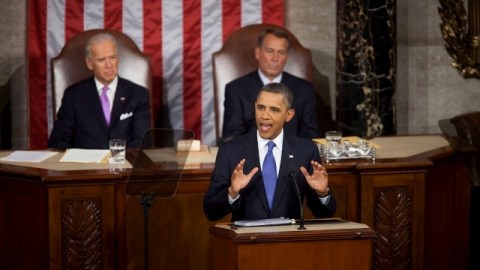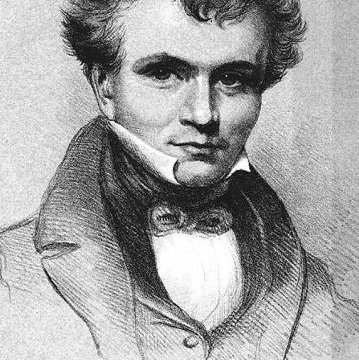Do Presidential Speeches Matter?

On Thursday, President Obama addressed a joint session of Congress, proposing a new $450 billion bill designed to create jobs. With unemployment still over 9%, Obama’s reelection chances may hinge on his doing everything in his power to get people back to work, or at least looking like he is. So the message of Obama’s speech—repeated again and again—was clear: “Pass this jobs plan right away.”
But will Obama’s speech make any difference? Supposedly one of the President’s greatest powers is the power to use what Teddy Roosevelt called the “bully pulpit” and speak directly to the public. While reactions to the content of the proposed jobs bill was mixed—Andrew Sullivan has a great collection of the reactions here—even conservatives like former Bush speechwriter Michael Gerson admitted it was an effective speech. But as Ezra Klein says, “All the president can do is ask Congress to pass his bill. The only direct leverage he has is his ability to make his ideas popular and their refusal unpopular.”
Can it even do that? As John Sides says, the evidence is that presidential speeches do little to make either the president or the president’s policies more popular. Brendan Nyhan points out that even President Reagan, who was known as the Great Communicator, complained of his inability to sway public opinion. Obama, of course, wouldn’t have given the speech if he didn’t think it would help him. Sides explains that presidents generally make appeals for policies that which are likely to be well-received, as many of the proposals in Obama’s speech seem to be. Obama never would have given the speech, in other words, if he didn’t think that his proposals were likely to be popular in the first place.
While the speech is unlikely to do much to change public opinion, as Sides says there is some evidence that presidential speeches increase the pressure on members of Congress. In her book Who Leads Whom?, political scientist Brandice Canes-Wrone found that presidential speeches were able to substantially influence domestic budgetary appropriations. Passing a new jobs bill is a harder legislative task than affecting the annual budget bill, and Obama’s proposed American Jobs Act may never get through Congress. Obama’s speech is unlikely to to really transform the political landscape. But Obama knows that anything can do to increase the pressure on Republican members of Congress is likely help his chances in 2012.
Photo credit: Chuck Kennedy





